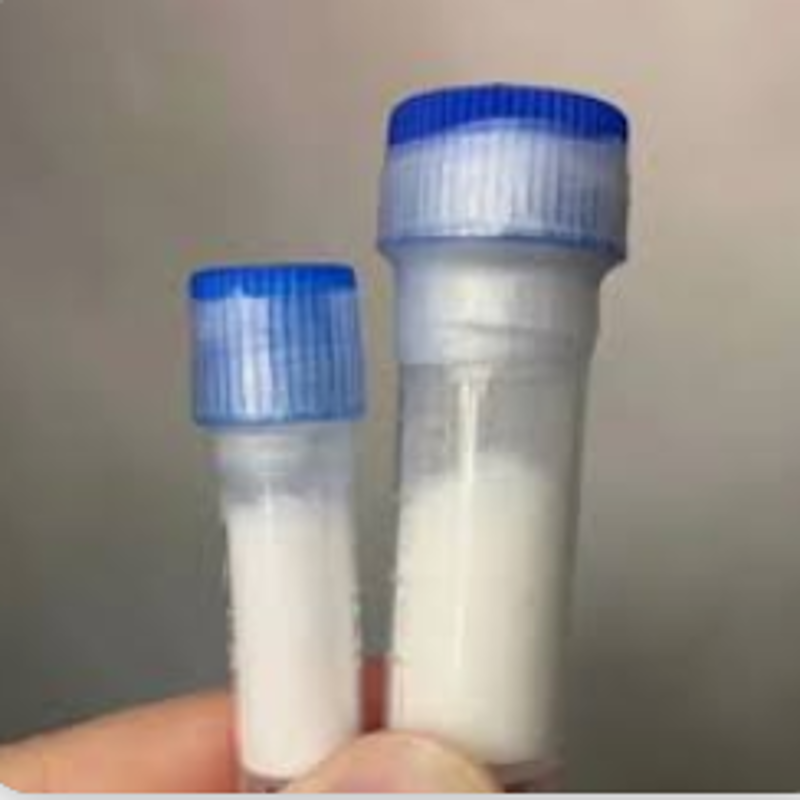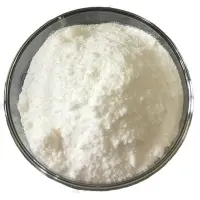-
Categories
-
Pharmaceutical Intermediates
-
Active Pharmaceutical Ingredients
-
Food Additives
- Industrial Coatings
- Agrochemicals
- Dyes and Pigments
- Surfactant
- Flavors and Fragrances
- Chemical Reagents
- Catalyst and Auxiliary
- Natural Products
- Inorganic Chemistry
-
Organic Chemistry
-
Biochemical Engineering
- Analytical Chemistry
-
Cosmetic Ingredient
- Water Treatment Chemical
-
Pharmaceutical Intermediates
Promotion
ECHEMI Mall
Wholesale
Weekly Price
Exhibition
News
-
Trade Service
Insomnia is a common clinical symptom characterized by difficulty starting or maintaining sleep, usually accompanied by daytime symptoms such as fatigue, anxiety and depression.
according to a 2016 sleep survey published by the China Sleep Research Association, the rate of insomnia among Chinese adults is as high as 38.2 percent, with more than 300 million people with sleep disorders, and the number is increasing year by year Chinese
currently, the treatment of insomnia is mainly cognitive behavioral therapy (CBT) and drug therapy, but most insomniacs often do not respond to these therapies.
recently, the Journal of the American Academy of Sleep Medicine (JCSM), part of the American Academy of Sleep Medicine, published an article entitled A randomized controled of research chain blankets for insomnia in psychiatric disorders, providing an alternative option for insomniacs to get a good night's sleep.
Researchers at the Karolinska Institute in Sweden found that people who slept under thin blankets were nearly 20 times more likely to relieve insomnia than those who slept under thin blankets, and not only did the severity of insomnia decrease, but their sleep quality and daytime drowsiness improved.
This open clinical follow-up study involved 120 participants with clinical insomnia symptoms and at least one mental illness (severe depression, bipolar disorder, generalized anxiety disorder) who were assigned 8 kg/6 kg of blankets (aggravated blanket groups) and 1.5 kg of blankets (control groups) for four weeks.
result of the study was an assessment of participants' insomnia severity index (ISI).
characteristics of the participants were 35 from the control group and 42 from the aggravating blanket group out of 77 participants included in the analysis.
overall, nearly 60 percent of participants in the aggravating blanket group had a more than half lower ISI score, with an insomnia relief rate of 42.2 percent, compared with 5.4 percent for the control group and 3.6 percent for the control group.
, participants can choose their favorite blanket for a 12-month follow-up.
most of the participants chose heavier blankets.
researchers found that participants who moved from the control group to the aggravating blanket group had a similar effect to those who initially used the heavier blanket.
12 months, 92 percent of aggravated blanket users had positive changes, while 78 percent of participants had relief from insomnia symptoms.
The effect of the blanket on the severity of insomnia researchers believe that aggravation of blankets can alleviate insomnia, possibly because it is applied to the body as a deep stress stimulation (DPS), thereby stimulating the feeling of touch and muscles, joints, similar to the effects of acuity pressing and massage.
previous studies have shown that DPS increases the autonomic nervous system's side-sensing nerve excitement, while reducing the excitement of the intersecting nerve, playing a calming role.
, deep stress in the body increases levels of oxytocin, a peptide hormone that plays an important role in relaxation and sleep.
Although more research is needed to assess the effectiveness of exacerbation blankets in insomnia treatment, the report includes patients diagnosed with different mental illnesses, thus improving the generalization of the study and suggesting that aggravating blankets may be an effective, safe and clinically significant treatment for those with combined severe depressive disorder, bipolar disorder, ADHD, or general anxiety disorder.
as the weather cools down, it's time to change the blanket.
editor thinks that readers with insomnia may want to try to sleep under a heavier blanket.
, of course, according to their own circumstances and adaptability to choose the blanket Oh.







